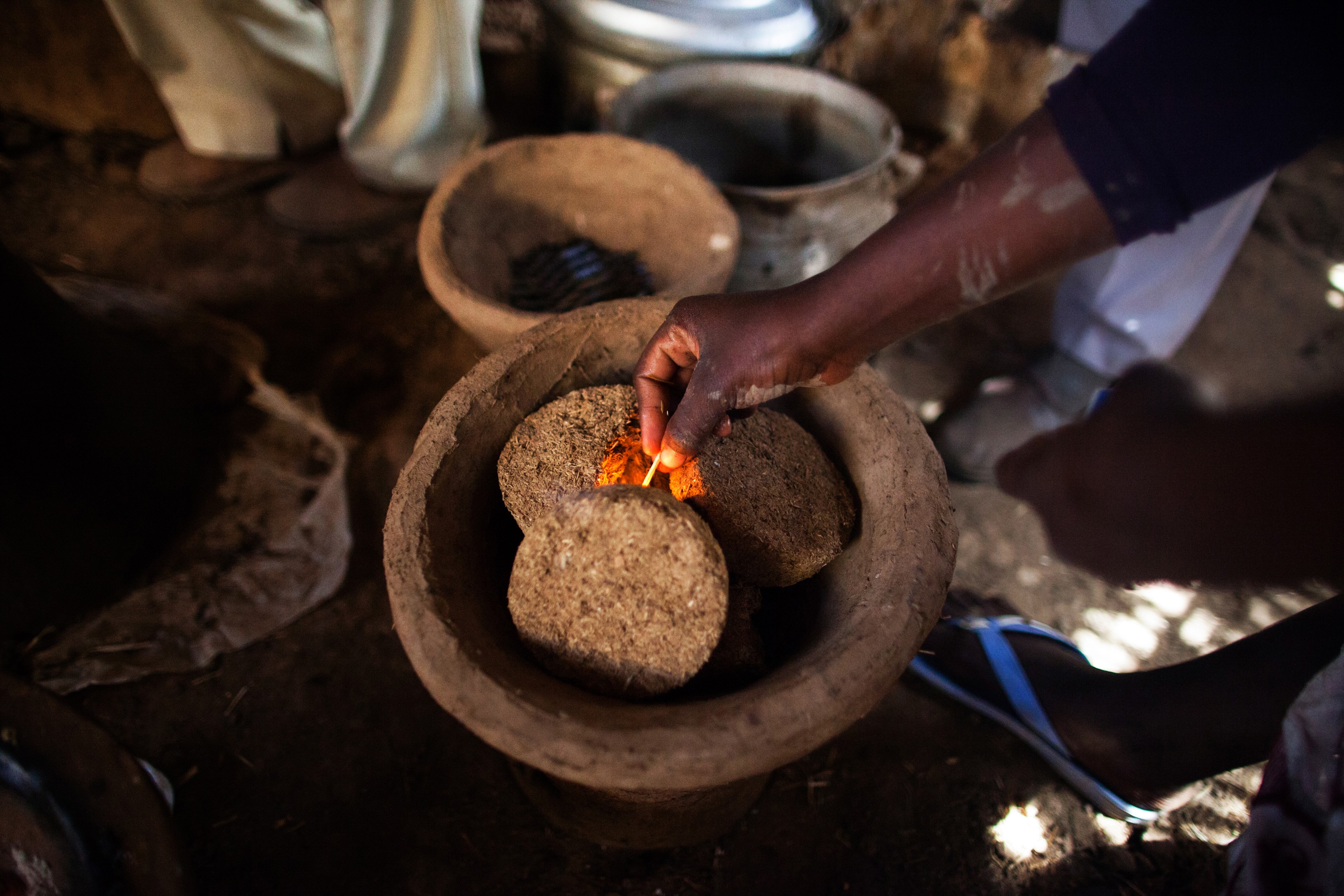
A recent report published by the Enough Project calls on the international community to leverage economic pressure on the regime of President Omar al-Bashir, in support of an inclusive and comprehensive national dialogue in Sudan. “Starving War, Feeding Peace – And Setting the Table for National Dialogue in Sudan,” by Akshaya Kumar and John Prendergast, identifies a window of opportunity to alter the political calculations of the Bashir government, including an expanding economic crisis in Sudan and new cooperation among diverse opposition groups.
Despite hopeful signals that Sudan’s nascent national dialogue process could be a catalyst for comprehensive piece in Sudan, the process has been anything but meaningful, genuine, or inclusive and the Sudanese government’s actions outside of the dialogue forum have further undermined prospects for genuine discourse about the way forward.
"…a credible dialogue can't even be countenanced as long as there is a continuing — and even escalating — campaign of atrocities by the Sudanese government's military and associated militias, from Darfur to the Nuba Mountains and Blue Nile, including the bombing of villages and mass rape by soldiers.”
-John Prendergast, report co-author and Founding Director of the Enough Project
This could change if the Sudanese government decides to engage meaningfully and demonstrates its commitment to a genuine national dialogue process, which the international community could entice them to do through both economic leverage and incentives. Some leverage options include restructuring or delaying the requested debt relief, enhancing and deepening sanctions enforcement, and making a push to restrict the sale of conflict-affected gold from Sudan. Conversely, debt relief and the relaxation of existing sanctions could be tools for positive engagement. International stakeholders now have an opportunity to help to rebalance power dynamics and revitalize the much-needed, but deeply compromised process.
Finally, the report identifies six critical prerequisites for a national dialogue process to succeed in bringing sustainable peace and social justice to Sudan:
- An end to deliberate targeting of civilians by Sudan’s military, especially aerial bombardment and attacks by the Rapid Support Forces.
- Unfettered humanitarian access for national and international aid workers to all parts of the country.
- The National Security Forces Act should be repealed. This law has allowed acts amounting to crimes against humanity to be carried out with impunity by government forces.
- Political detainees should be released and President Bashir should assure the continued safety of those in the political opposition.
- In accord with the demand from both civil society and the new Call for Sudan coalition, a new neutral administration should be established for the national dialogue. Women’s groups should also be given their own constituency in the dialogue process
- National dialogue administrators should engage in broad consultations, including traditional authorities, leaders of camps for the internally displaced people and refugees, and heads of Arab tribal militias.
Photo credit: A woman fires a fuel-efficient stove made in a camp for internally displaced people (IDPs), near Tawila, North Darfur. (United Nations)

